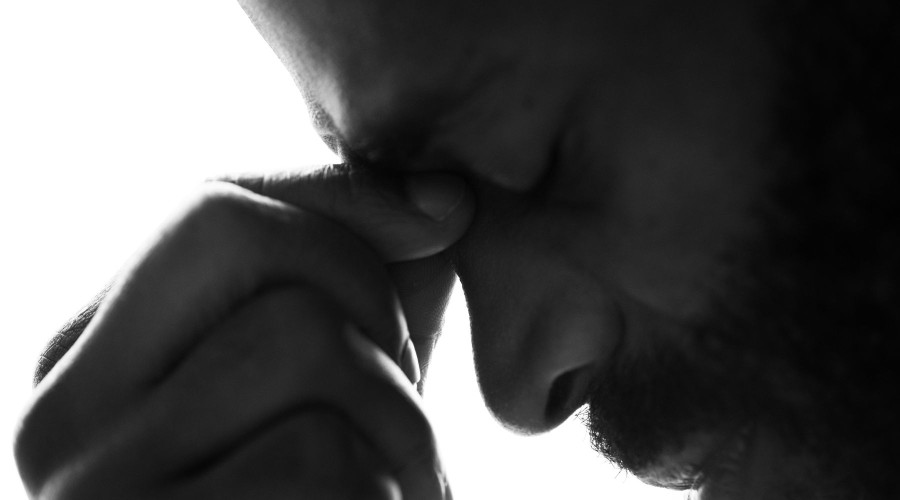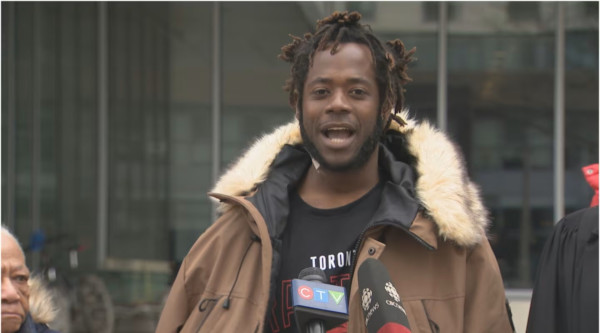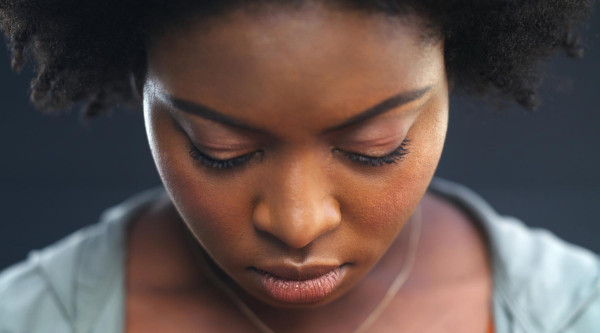So, when we broke up in March of last year, it felt like I was dying. Not like in my last year of high school when I intended to unalive myself. This was way more final. Far less deliberate. The nail in the coffin was when I took it one step further and dropped twenty-five pounds and two university courses and quit my job in footwear, amongst other responsibilities I suddenly could no longer afford.
Seeking help was the obvious solution. I tell my family doctor about my newfound appreciation for winter, falling into wools, a sedentary lifestyle including, but not limited to, people-watching, an affinity to oversleeping, and establishing soft deadlines. But she says, “you haven’t thinned that much, have you?”
I email my therapist next, saying, “please help me, I think I have BPD.” Or something similar. By then I hadn’t seen her since the fall. We meet once in April, then two or three times more until she realizes, shit, he’s right. She and I had talked about me seeing someone else. “Janice” was an older colleague at her practice with a history of successful relationships treating clients like me.
But I never heard from Janice. Maybe she thought I’d be too difficult. Or read my file and said no actually, too easy, others need me more. The irony of being sidelined in this manner —no matter the true reason—drove a crater in my road to recovery. It was grief without the appeal, no justice for the bond I had lost with my previous therapist in exchange for Janice’s practical experience—never mind that she wasn’t Black. If I had taken a shot in the dark, colour blinded by faith and entrusting my shadow to take aim, what now?
According to Ottawa Public Health, when it comes to mental health “…there are a number of significant issues and obstacles which prevent African, Caribbean, and Black (ACB) communities from obtaining appropriate care.” In addition to facing racism and discrimination, ACB people endure longer wait times before accessing services, as “providers with similar cultural or racial backgrounds are under-represented in the system.” In my case, my therapist was letting me go because she felt she lacked the necessary skills to assist in my recovery. In addition, she didn’t know any Black therapists with experience treating BPD to refer me to. As a result, I waited eight months before getting properly evaluated for BPD, and almost a year before seeing a therapist again.
The shortage In Black Psychology professionals is well reported by Canadian media. For example, the CBC named systemic barriers as a major gatekeeper when selecting graduate students. Canadian universities with overwhelmingly white faculties are prone to overlook Black Ph.D. candidates. Regarding the workforce, the Canadian Psychological Association (CPA) says it is “committed to promoting the advancement and application of psychology and amplifying the voice of psychologists.” However, it has no record of the exact number of Black psychologists in Canada.
In a way, the scarcity feels fabricated, but the ramifications are quite tangible. Whether it’s settling for the first Black mental wellness provider you can find, sticking it through even if the fit isn’t quite right, or on the flip side, being hesitant to leave a white provider because there’s no way you’ll find somebody competent and Black. Some people avoid therapy altogether. Consequences can vary, but the stakes are higher for people who are seriously impaired in their mood, behaviours, and relationships, the longer they forgo treatment.
People with BPD are “more likely to experience pain and rate their pain as more severe than patients with other personality disorders.” We typically struggle with emotional regulation and cope by relying on impulsive behaviours that ultimately create more harm than good. We are often subjected to stigma from mental health professionals, some refusing to treat patients with BPD or limiting how many they see.
There’s not much literature on what to do after your therapist decides you should see other people. I tried reading between the lines. Was it something I said? If I could only recall the red flags, my unwavering bouts of self-disclosure—as in be yourself, but don’t overdo it.
For more information on BPD diagnosis and treatment, visit the National Education Alliance for Borderline Personality Disorder.
If you're looking for a Black therapist, check our Black business directory listings.

 By
By 








